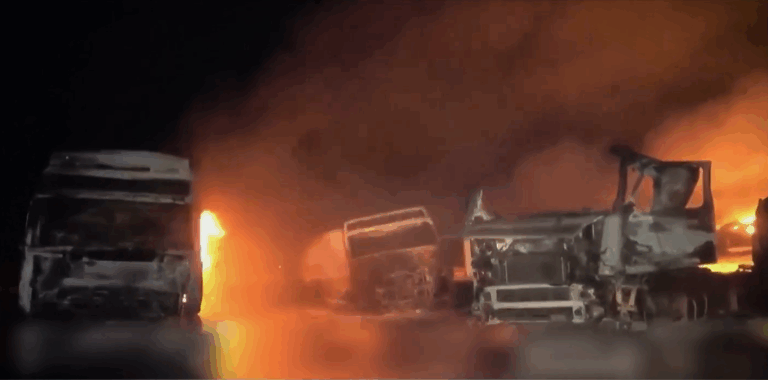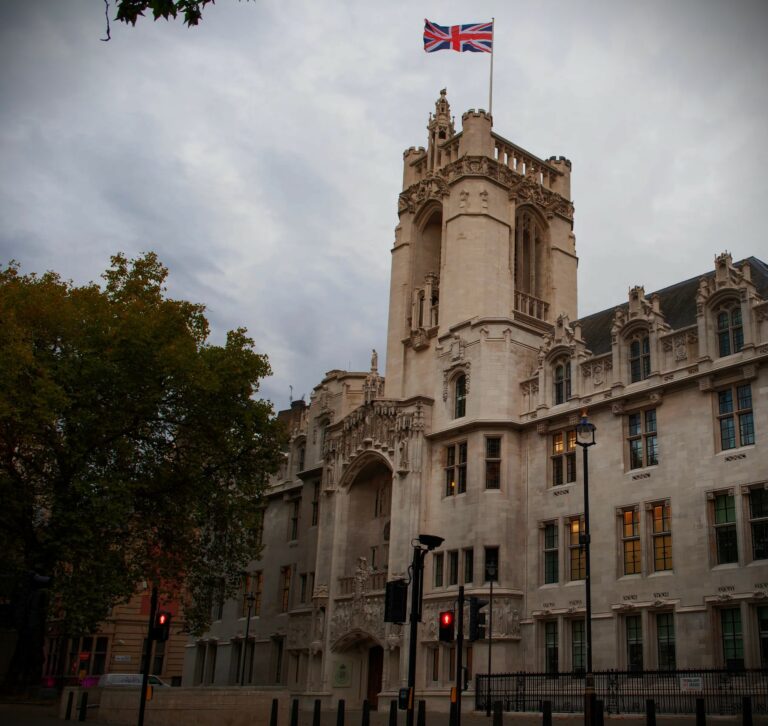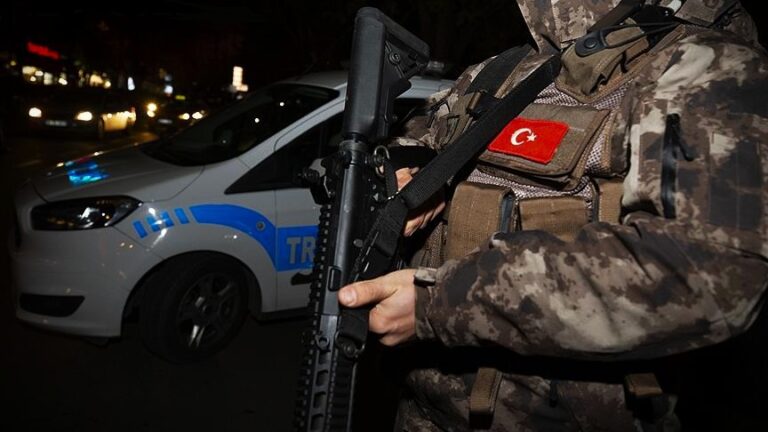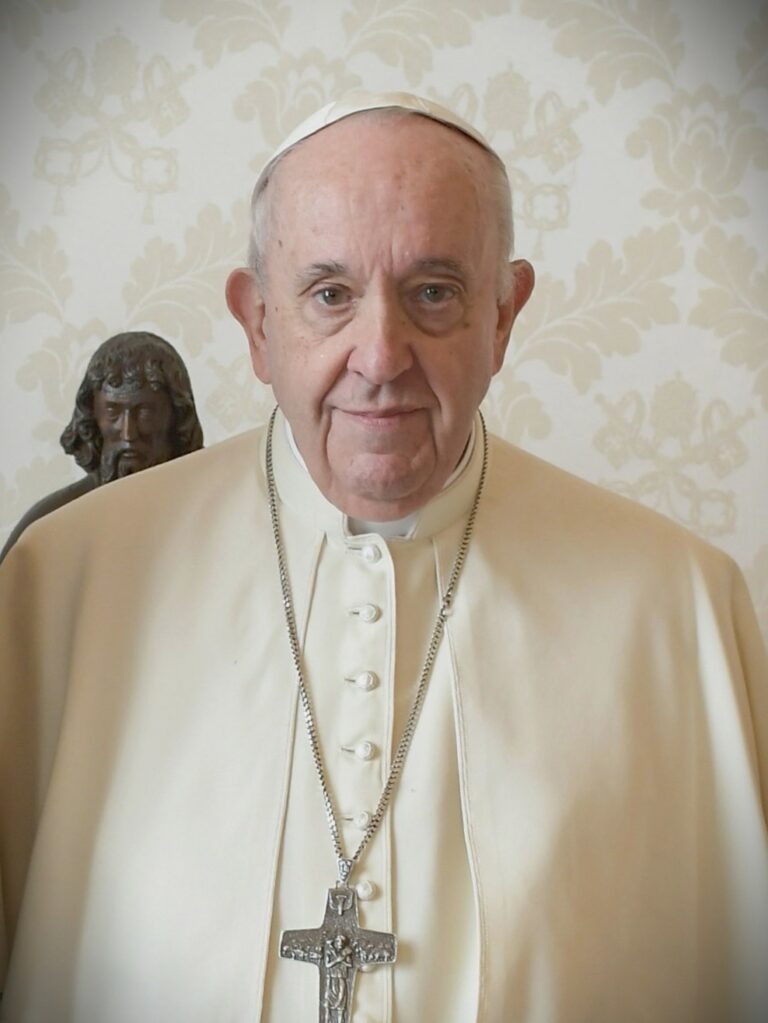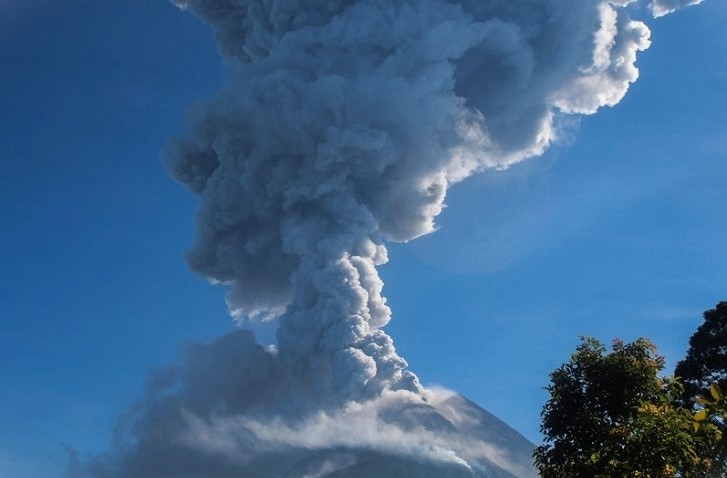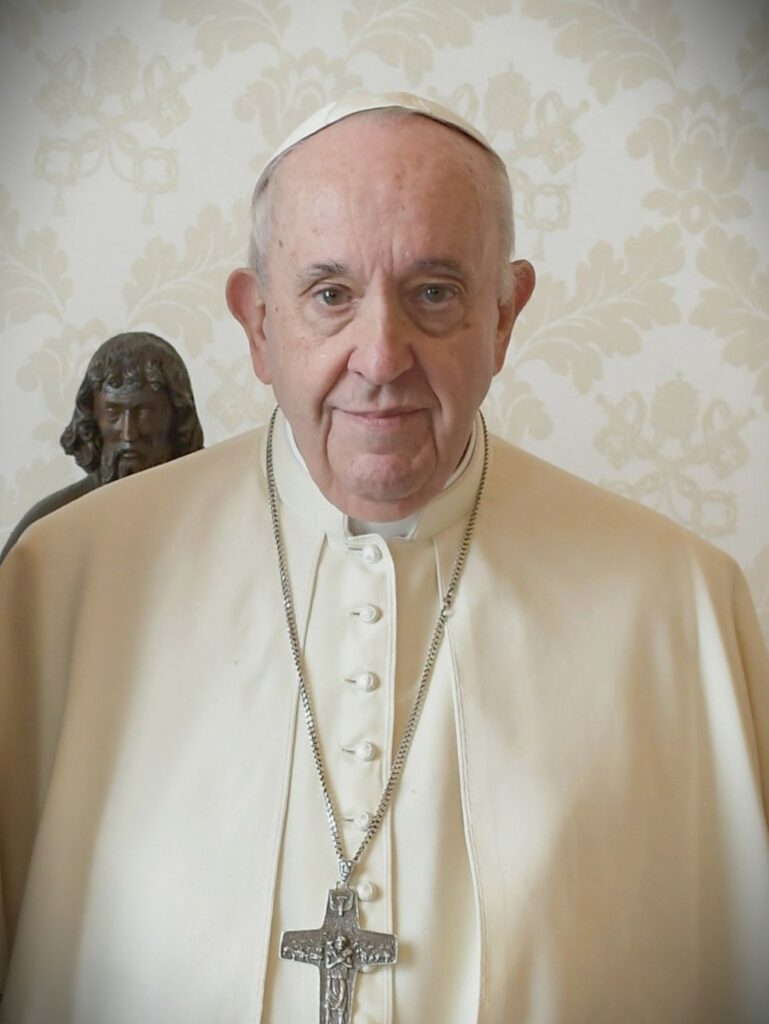
On Easter Monday morning, as soft bells echoed through Vatican City, the world quietly lost a moral compass. Pope Francis, born Jorge Mario Bergoglio, passed away peacefully at 9:45 AM in his residence at Casa Santa Marta. He was 88.
His final breath came not with fanfare, but with the same humility that marked his entire papacy. Elected in 2013, the first Jesuit and Latin American pope stepped into the role as a quiet revolutionary. For twelve years, he led with a pastor’s heart and a reformer’s courage, challenging centuries-old traditions with a voice that often sounded more like a grandfather’s wisdom than an iron decree.
From Buenos Aires to the throne of St. Peter, Francis carried with him the scent of the streets—he preferred buses to limousines, simplicity to opulence. Under his watch, the Church turned its gaze toward the poor, the planet, and the marginalized. He softened centuries of dogma with words like “Who am I to judge?” and brought warmth to cold corridors of ecclesiastical power.
Even as his health waned—battling respiratory illness and pain—he pressed on. His final year saw him traveling across Asia, still speaking of peace, still shaking hands that had waited decades for recognition. On Easter Sunday, just a day before his passing, he stood before thousands in St. Peter’s Square, smiling faintly, frail but present.
In death, he rejected even the pomp of tradition. As per his wishes, he will be laid to rest in a single coffin beneath the Basilica of Santa Maria Maggiore—far from the grandeur of the Vatican grottoes. A quiet exit, true to the man.
Now, the world watches as the College of Cardinals prepares to enter conclave. But there will be no replacing Francis. Only remembering. Only honoring. Only carrying forward the light he held out for so many.
Requiescat in pace, Papa Francesco. You changed the Church—and perhaps the world—with nothing more than faith, a smile, and a well-worn pair of shoes.
